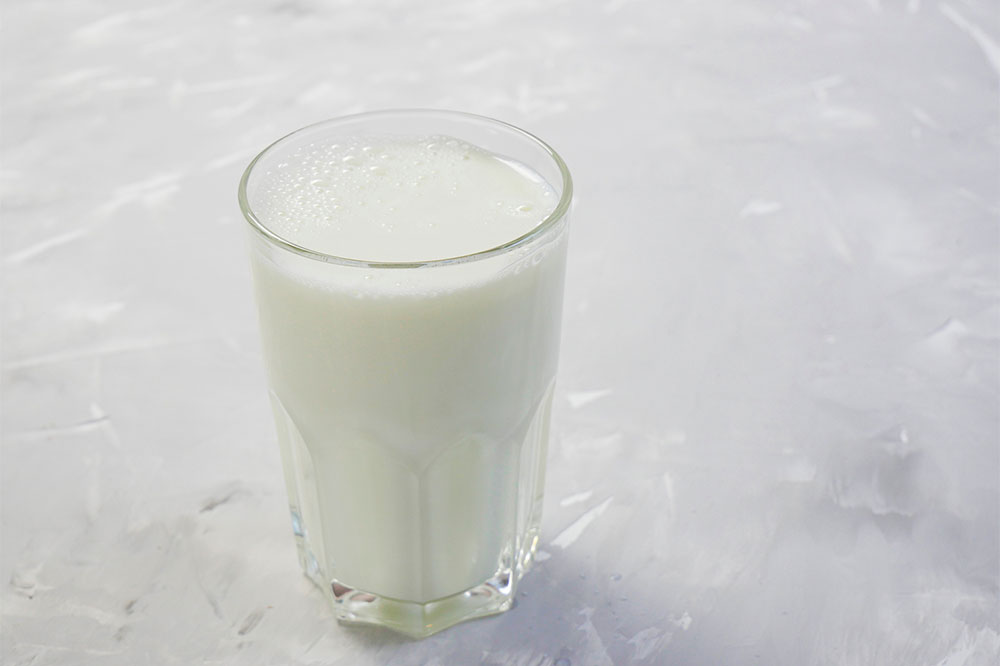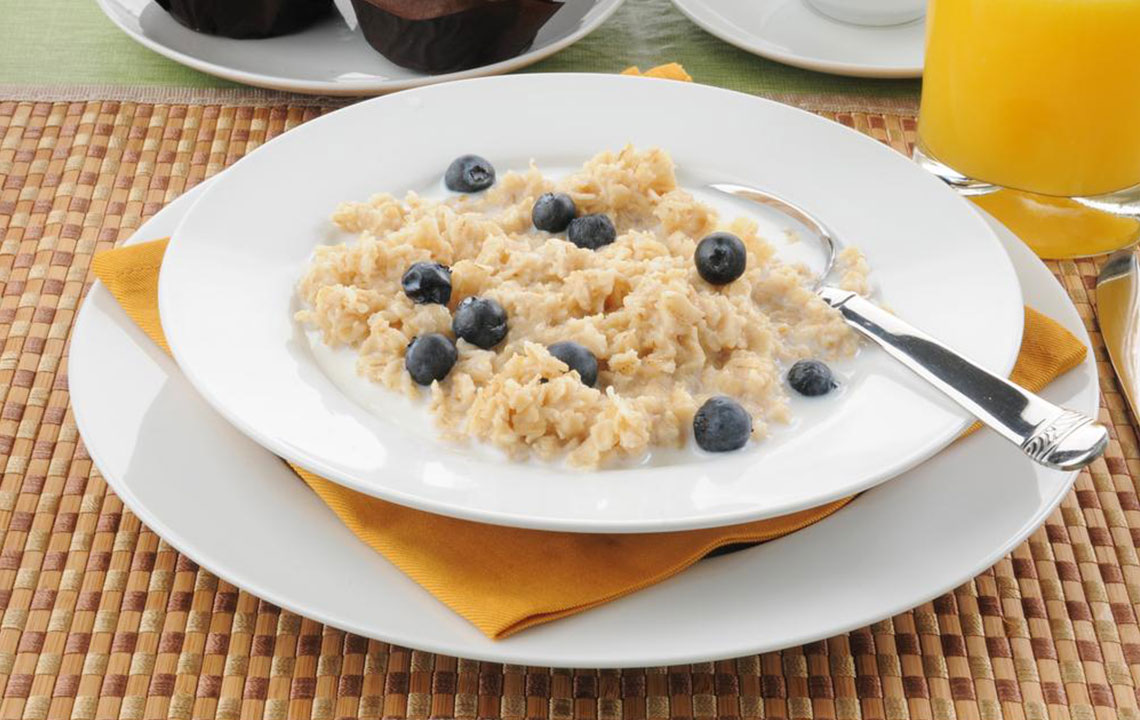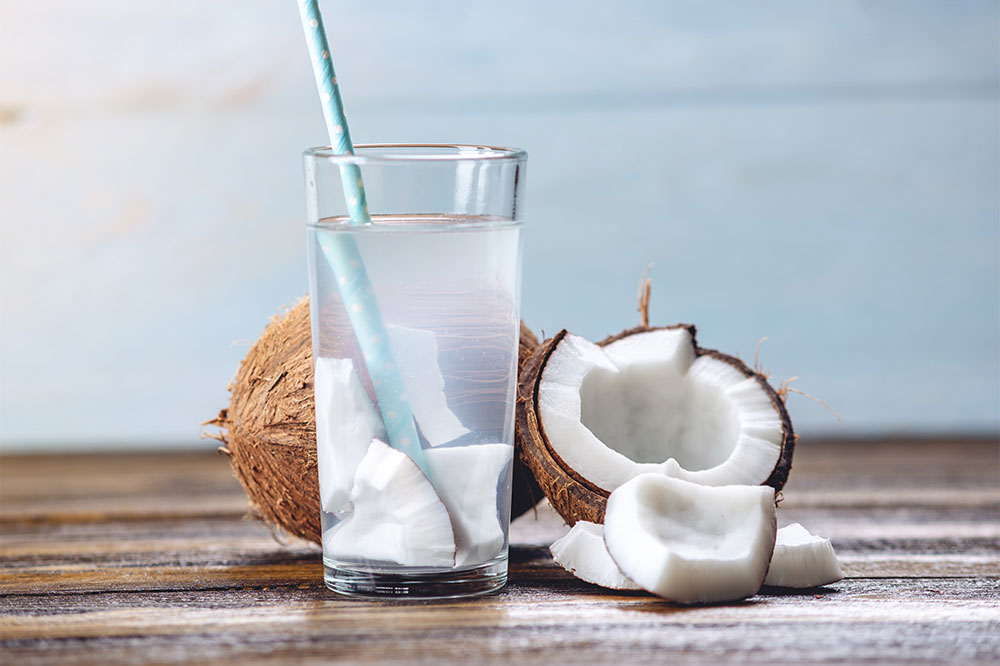Nutritional Guidance for Managing Cystic Fibrosis Effectively
This article offers practical dietary strategies for managing cystic fibrosis in both adults and infants. It emphasizes high-calorie, nutrient-rich foods, healthy fats, hydration, and vitamin supplementation to support overall health and alleviate symptoms. Proper nutrition plays a vital role in improving quality of life for those with cystic fibrosis.
Sponsored

Cystic fibrosis is a genetic condition characterized by the buildup of thick, sticky mucus in the lungs and digestive system. This can cause symptoms such as stool with mucus, bloating, excessive gas, and abdominal swelling. The condition also impairs nutrient absorption, leading to malnutrition.
Here are essential dietary recommendations for managing cystic fibrosis:
Dietary approaches and foods for adults with cystic fibrosis
While no specific diet exists for cystic fibrosis, dietitians recommend consuming three main meals along with two to three snacks daily. Caloric requirements are approximately 1.5 to 2 times higher than average.
A high-calorie, high-fat diet is advised, with about 40% of calories coming from fats. Emphasize healthy fats such as olive oil, nuts, and avocados while limiting saturated fats. Incorporate omega-rich foods like salmon, mackerel, and flaxseed oil to reduce inflammation. Enhance meals with cheese, fatty fish, and ripe avocados. Additionally, adhering to prescribed vitamin and mineral supplements is vital.
Proper hydration is crucial to prevent mucus buildup and related complications, as cystic fibrosis increases sweat production. Drinking sufficient water helps maintain airway clearance and prevents digestion issues, such as thickened stool and blockages. Adequate fluids and salt intake reduce headaches, cramps, and fatigue among affected individuals.
Dietary tips for infants with cystic fibrosis
Infants require a high-protein, high-calorie diet similar to adults. As they begin eating soft foods, include calorie-dense options like breast milk or formula mixed with cereals. Adding cream cheese, bananas, or nut butters can boost calorie intake and improve satiety. Pediatric formulations providing vitamins A, D, E, and K are also recommended.





